By Rita Okoye
Abdulrasheed Bello, popularly known as JJC Skillz, is a creative powerhouse who wears many hats – singer, songwriter, record producer, filmmaker, and director.
Over the weekend, his latest project, Hakeem: Seeking Justice, a gripping action-packed drama, made its nationwide debut in cinemas.
In this interview with Sunday Sun, the multi-talented entertainer opens up about the secrets behind his success, the hurdles he has faced, and his bold vision for the future of the Nigerian film industry.
I saw the trailer for Hakeem the Movie. I was fascinated by the marketing genius behind the movie. Why do you try to explore the marketing strategy?
Music is a very powerful tool, that’s why Afrobeat is where it is now. And it’s a wonderful tool to sell products for branding and I decided, okay, that’s the tool that I know best. Let me use it to sell my movie.
Producers and content creators have different ways to promote their content and movies. I’ve used music all my life, and it just came naturally for me. Even ‘OmoGhetto: The Saga’, I transformed all the actors into musicians, and we did a theme song at that time.
Would you say your love for music inspired your style of promotion?
I love music. It’s a passion. While TV and video production is what I studied in school, which I must say, I passed with 9 A-stars. I’m very passionate about video production as well. It’s more like passion turned to profession. I found out that music helps me feel better about everything.
Are you still fully into music? When are we having your new album?
Oh, haven’t you heard SokidzTV? You know, it’s all music. I used the same music to do the same thing I’ve been doing all those years. Through my songs, I was teaching languages. So, now I’m not even playing around anymore. We are doing it in kids’ form, and we’re using animation, and we’re touching lives.
What inspired the movie name “Hakeem: Seeking Justice?
The title Hakeem came about because the movie was originally called Seeking Justice. But when we started the shoots and we had the T-shirts and the caps on and we were going everywhere, people kept on looking at us and thinking it was like a movement and that we were doing a political rally. We were about 100 people wearing Seeking Justice T-shirts on the road. It was becoming very problematic. So, while trying to market the movie, people were asking, ‘Who are you seeking justice for?’ I said, Hakeem, and that’s how the movie ended up titled Hakeem.
Why did you choose this type of action movie?
I chose Hakeem the movie because we have conquered drama and epic filmmaking. We’ve conquered almost all the genres, except for two, action and horror. Those two, I haven’t seen a Nigerian movie producer company tackle it. I’m scared of horror films, so I went with action because I love action films. I mean, almost all of us here, when there’s an action film, that’s our favourite genre. We love action films, but it’s very difficult to do because it’s very technical. We don’t want people to laugh at us with the Nigerian old school special effects, and everyone will be like your movie is rubbish. So, intentionally for this movie, we have almost 10 fight sequences. We have car chases and car stunts. We have explosions, not 1, or 2 or 3. I’m talking about an all-out chaos action film that we would expect from Hollywood, but done in Nollywood.
What inspired the storyline, ‘Special Forces’?
Definitely, I believe Special Forces represent the only league of men that can do the kind of things that Hakeem needs to do in the movie. Because generally, Nigerian people are not very violent, or we are not into arms and those kinds of conflicts. So, I needed somebody who could embody vengeance and be able to do it. The concept in the movie is, ‘if someone kills the person you love the most, and you have the capability, as an ex-Special Forces guy and you know you can do it and get away with it, would you seek justice, or would you seek revenge?’
How did you select your cast?
I selected every single character in this movie, because I was looking for talents that can play every role. I’m talking about A-List. They had to match the energy too.
Is it really difficult to do an action movie in Nigeria considering the growth of the industry?
In Nollywood, some action movies are 80-20. 80% of dialogue scenes and then 20% of action but Hakeem is the other way around. It is action-filled. There are the stunts, there are special effects, and then there are visual effects. The layers of all three or all four are combined to create this. It’s not like the regular action movies you see every day. Let me even elaborate. We shot the whole film before we shot the film. I had to say it that way so that you can try to understand what I’m saying. When I finished writing the script, it’s good to see a script on paper, and you’re looking at it, and it looks good. But what we did was call our main actors and upcoming ones, and give them the lines. We shot the film, got our stunt actors, and shot all the fight sequences. We had everything, did editing, watched the film and said, Nope, this part is boring. Take it out. Let’s change that part. Finished the film, and this film is sweet. Then, I took all the action parts and delivered them to all the actors for them to learn. And after that, we trained them personally, individually. Later on, we gathered them together in the studio and the gym and started rehearsing together. Everything took us over two years and normal Nollywood movies don’t give that time to the content. To achieved what we wanted, it was necessary. That is why this film is different from the regular.
At some point, when are you under pressure to release the film?
I would have loved to do it in one year, it would have been cheaper. But it took the time that it took because there were things that we needed to get together. If you watch this film, you will see a lot of weapons and stuff like that. We had to buy them and bring them into the country. To bring them into the country, we had to go to the police force and get permission to do that. We had to speak with Customs. We had to speak with everyone. Even down to the special effects, the knives, the stabbing, everything. The blood that you see, we bought and tested it. So that nobody can come tomorrow and say, ‘Ah, that thing, it’s okay, but that thing looks fake.’ No, we didn’t want that, and that’s why we did all those things and it took that long.
What do you want the audience to take home from this movie?
What I want the audience to take from this movie is that Nigeria has upgraded, and we can do it. You know, that same mentality of we can have our genre of Afrobeat music when I was young, I’m like, No, we have to have a voice, and my dream that time was one day Nigerians will win the Grammy. I’m alive now to say that it has come to pass. So, I’ll prophesy a new one. Nigerians will win an Oscar movie made in Nigeria, but world renowned.
How were you able to get actors to go out of their way to give you this kind of action?
I think I’ll just say it again. Nigerian actors are really good. They have evolved from the days of just getting a script and just saying anything or just reading lines. They get the script. They get into the character. They study what the character is like, and they take their character and wear it, and they become the character. They don’t act, they are, they are that character, most times, the majority of them will tell you, I don’t even interrupt, because I tell them what I want, and then I just watch them. And when we rehearse and they deliver, I just keep quiet. If they don’t, then I’ll step in. But hardly. That’s why I said Nigerian actors are really good, especially the ones I use in this movie. I handpicked them because I’ve been watching their work consistently, and they have been performing effortlessly.



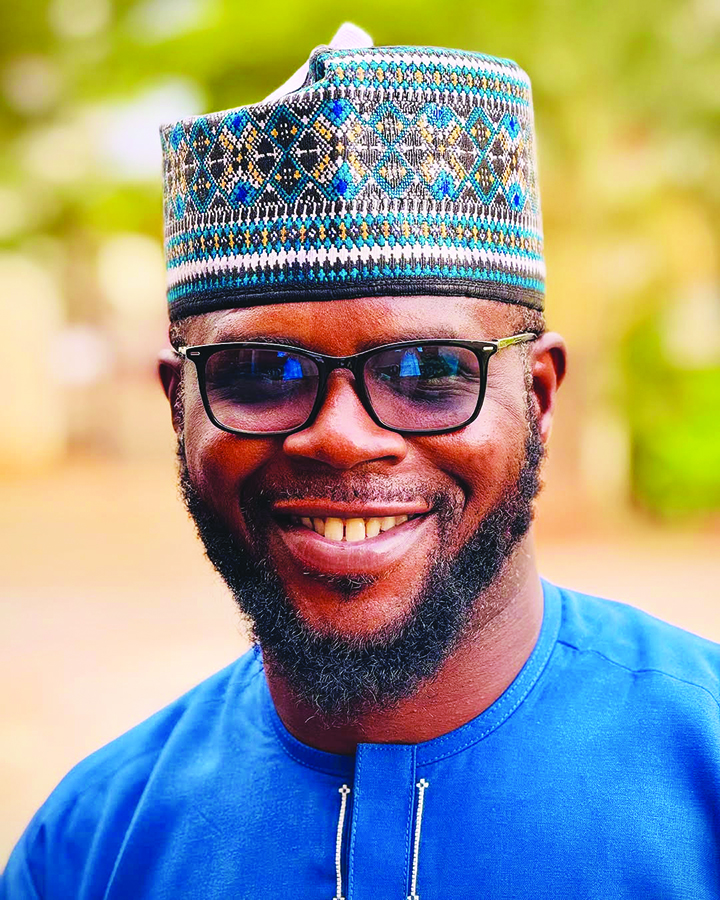


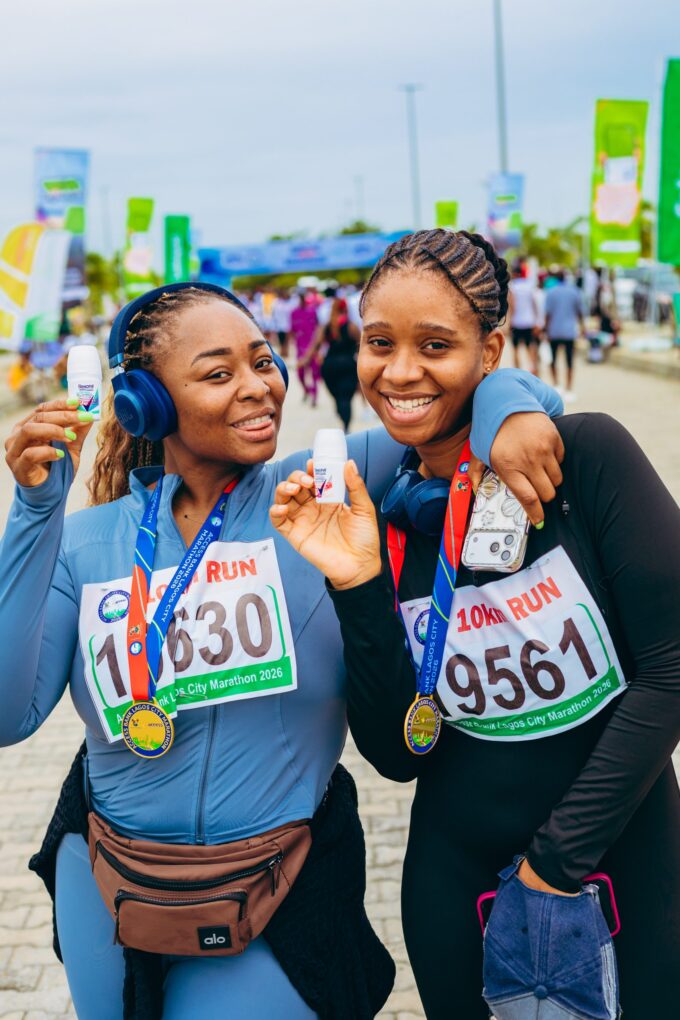


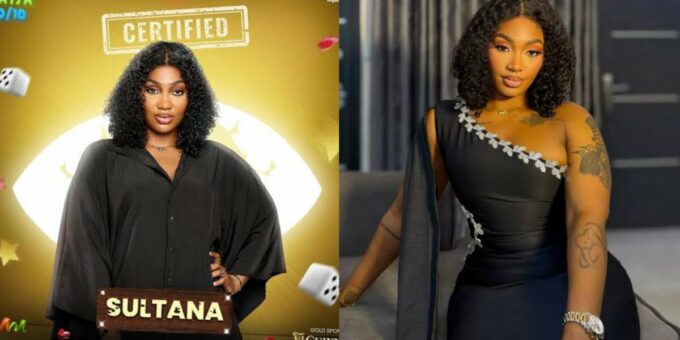
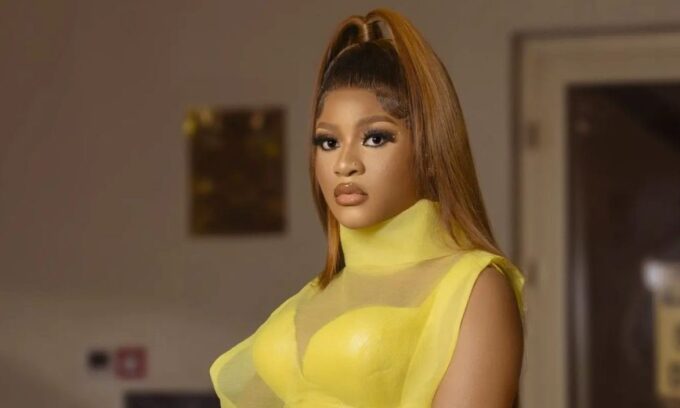
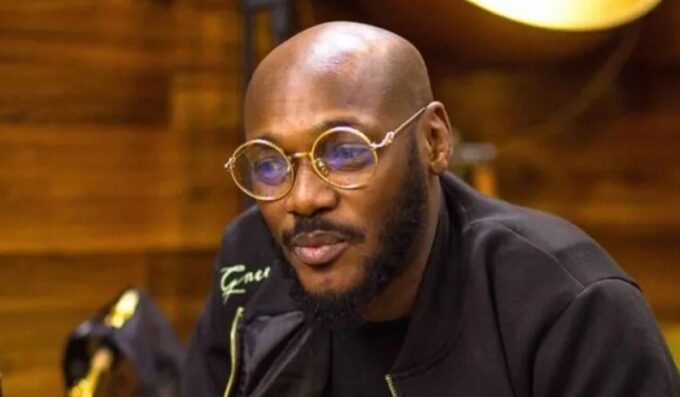
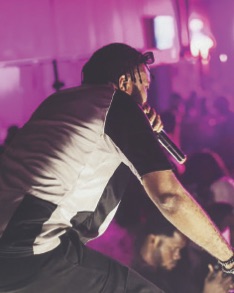



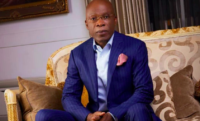

Leave a comment